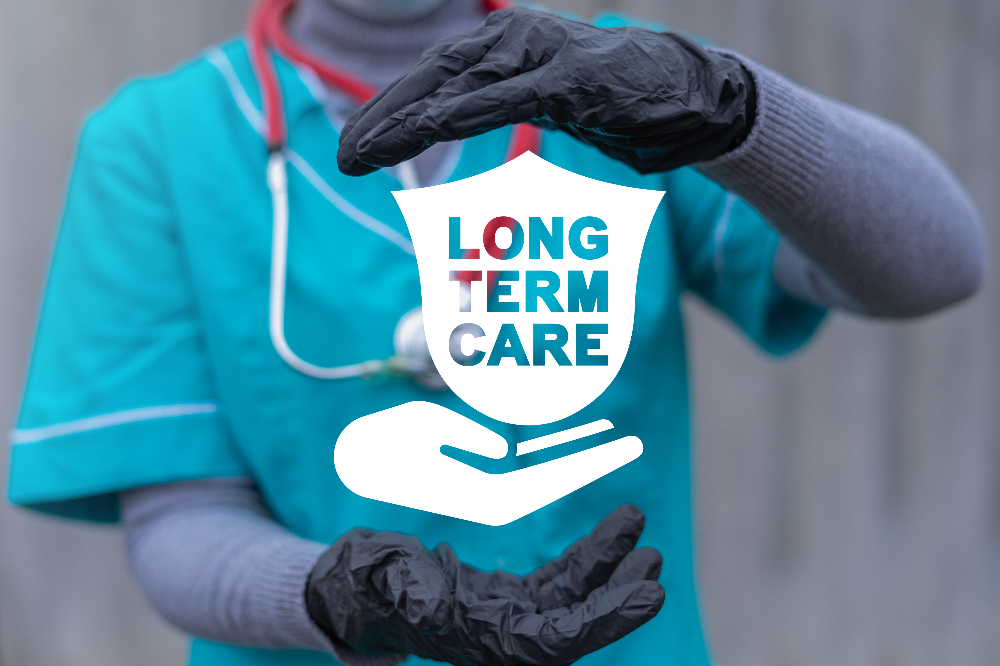
Long Term Care Tax, What's the Deal?
If you are an employer with W-2 Employees in the State of Washington, you will be required to collect and remit a new Payroll tax on all Gross Wages effective January 1st, 2022. This tax is intended to provide Long Term Care (LTC) coverage at a rate of $100 a day for one year of coverage: Maximum of $36,500.
The bill, HB1087, was signed into law on May 13, 2019, by Governor Jay Inslee with the intent of establishing a state-operated public insurance program that will provide long-term health care services to those who face hardships due to health crisis’s in which Medicaid does not provide. Currently, Long-Term Care benefits are only available to those who have established private policies that are often unaffordable to most. The State of Washington will be the first in the US to establish and implement this type of program which will operate and be solely funded through employee payroll assessments.
Timeline:
Beginning in 2022, employers will be required to deduct 0.58% of employees’ wages ($5.80 for every $1,000 of income) to fund the long-term care program. These funds will be remitted and reported to the Washington Employment Security Department.
The use of these benefits, however, will not be made available to qualifying individuals until 2025, the program will begin paying benefits of up to $100 per day (adjusted annually for inflation) for a wide range of long-term care services.
Key Benefits of LTC:
Beginning January 1, 2025, qualifying individual’s over the age of 18 who have paid the payroll tax for a certain number of years may be eligible to receive up to $100 per day for a wide range of long-term care expenses, such as in-home care, meals, home equipment, assisted living services, nursing homes, etc.
To meet the eligibility requirements, the individual must be a Washington resident age 18 or older and have paid into the payroll tax for the equivalent of a total of 10 years without interruption of five or more consecutive years, or three years within the last six years.
They must also have met the 500 hours or more of worked time during each of those 10 years (or three years) and to receive the benefits, must require assistance with at least three activities of daily living.
Opting Out:
Effective February 23, 2021, an opt-out provision was passed in HB1323, allowing individuals who have private insurance to opt-out of the state’s payroll tax deduction if they can provide proof of private long-term care insurance to the employer and the Employment Securities Department (ESD). This private insurance must be in place before November 2, 2021, and employees must apply for an exemption through ESD.
Employers must notify their employees about these new changes before they go into effect. If you have questions, contact a benefits specialist at JB Consulting Systems or the Washington State Legislature Bill Information HB1087.
We would be happy to help with preparing a detailed employee communication strategy, and to update your employee handbook as well to answer any question you may have. Contact Us us today to learn more about how we can assist you in implementing this in your business.
